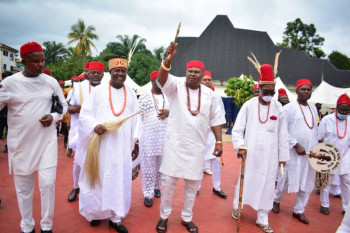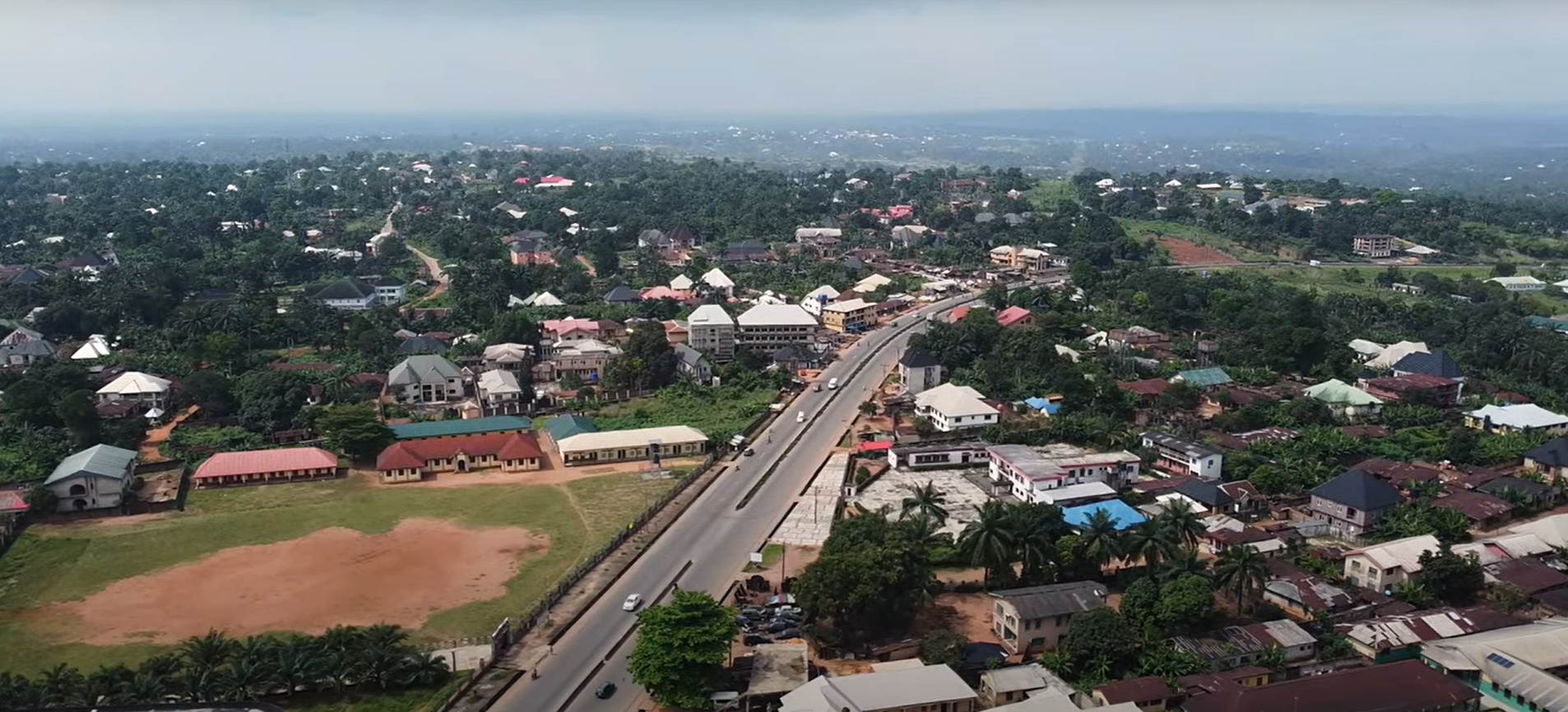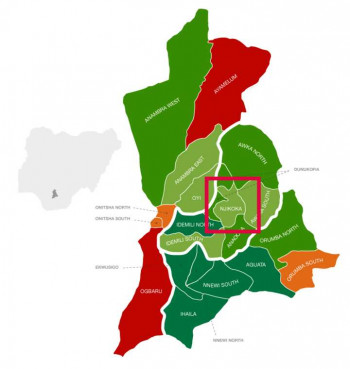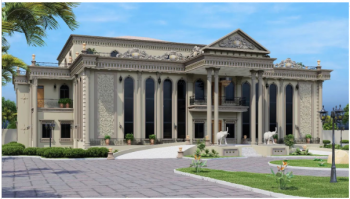
Njikoka LGA...
... is in Anambra state, South-east geopolitical zone of Nigeria, and is made up of several towns and villages.
The estimated population of Njikoka LGA is put at 218,744 inhabitants with the area mostly populated by members of the Igbo ethnic group. The Igbo and English languages are commonly spoken in Njikoka LGA while the religion of Christianity is widely practiced in the area. Popular festivals celebrated in Njikoka LGA include the Ede-Aroh and Ofala festivals.
Our Communities


Njikoka Local Government Area is home to eight unique and vibrant communities – Each community contributes its distinct traditions, customs, and landmarks to our rich tapestry.
Wards in Njikoka LGA
There are 18 wards in Njikoka Local Government Area.
- Abagana I * Abagana II * Abagana III * Abagana IV
- Abba I * Abba II * Enugwu Ukwu I * Enugwu Ukwu II
- Enugwu Ukwu III * Enugwu Ukwu IV * Enugwu-agidi I * Enugwu-agidi II
- Nawfia I * Nawfia II * Nimo I * Nimo II
- Nimo III * Nimo IV


Administration of local government is purely the responsibility of the State House of Assembly, which make appropriate legislation.
Administration
Njikoka Local Government administration is led by a dedicated team of officials who are committed to the welfare and development of Ihiala Local Government. Meet our leadership:
- LG Chairman: ........
- Vice Chairman: [Vice Chairman's Name]
- Supervisor for Finance and Administration: [Supervisor's Name]
- Supervisor for Works and Infrastructure: [Supervisor's Name]
- Supervisor for Health and Social Services: [Supervisor's Name]
- Supervisor for Education and Youth Development: [Supervisor's Name]
Legislation of Njikoka
Njikoka Local Government is governed by a range of laws, by-laws, and regulations that ensure the smooth functioning of our community. These legislative documents cover various aspects of our local government, including governance, development, taxation, and more. We strive to create a legal framework that promotes the well-being and progress of our residents.
Key Legislative Documents:
- Njikoka Local Government Constitution: This foundational document outlines the structure of our local government, the powers and responsibilities of our officials, and the principles that guide our decision-making.
- By-Laws: Our by-laws address specific issues such as sanitation, land use, zoning, and public safety. These regulations are essential for maintaining order and ensuring the safety and welfare of our community.
- Taxation Laws: Learn about our taxation policies, including property tax, business tax, and other revenue-generating measures. We are committed to responsible fiscal management for the benefit of our residents.
Access to Legislation: Our legislative documents will soon be made available online; please bear with us.
Public Participation: At Njikoka Local Government, we believe in involving our residents in the legislative process. We encourage public input and feedback on proposed laws and policies. Please use this link to get in touch with us to participate in important discussions that shape our community's future.
Contact Us: If you have questions or need assistance related to Njikoka Local Government legislation, please don't hesitate to contact our office. Our dedicated team is here to provide information and support.


